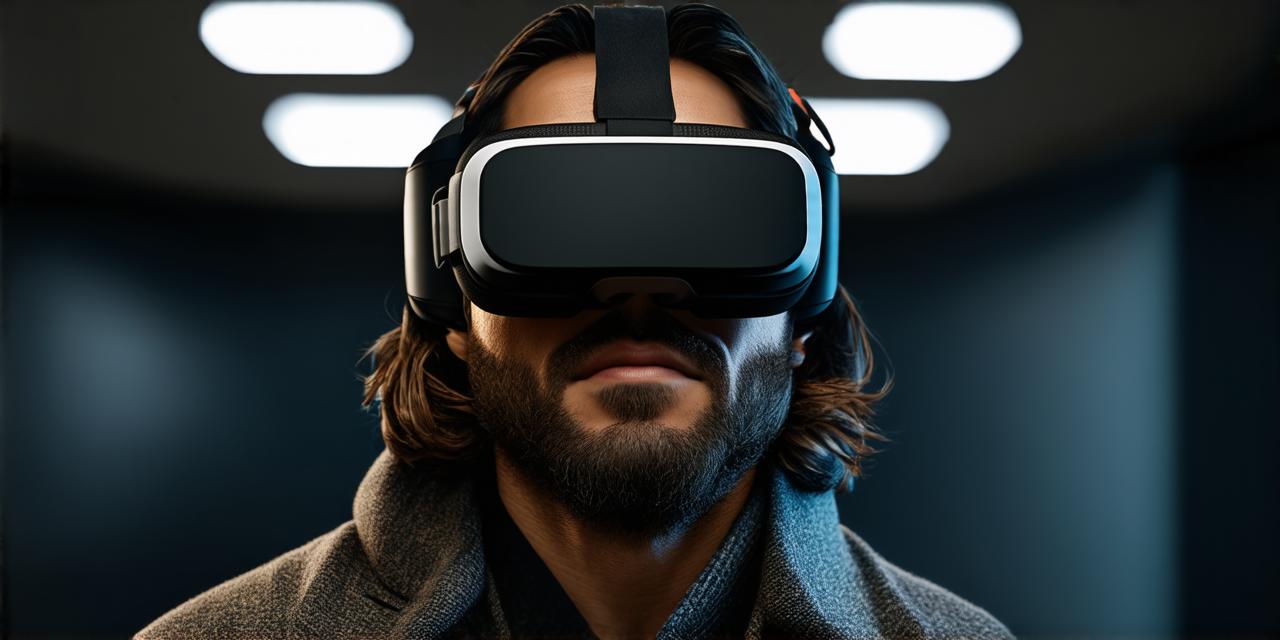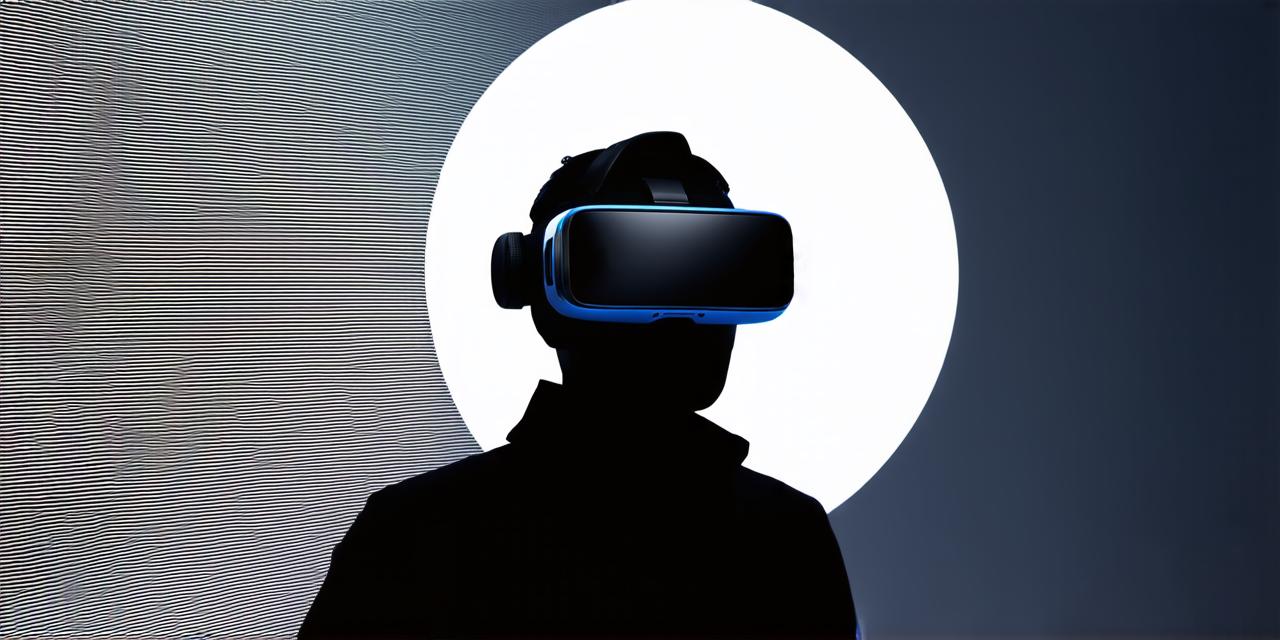
What are the positive effects of virtual reality on mental health?
Virtual reality (VR) is a rapidly growing technology that has shown great promise in improving mental health outcomes. VR uses computer-generated simulations and immersive experiences to create a realistic environment for users to interact with and explore.

Table of Contents
ToggleReducing anxiety and stress
One of the primary benefits of VR is its ability to reduce anxiety and stress levels. Studies have shown that exposure to virtual environments can be as effective as in vivo exposure therapy in reducing symptoms of anxiety and post-traumatic stress disorder (PTSD). For example, VR can be used to expose individuals to fear-inducing situations or traumatic memories in a safe and controlled environment.
Improving mood and emotional regulation
Virtual reality can also improve mood and emotional regulation. By immersing users in positive environments and experiences, VR can help alleviate symptoms of depression and promote feelings of happiness and well-being. Additionally, VR can be used to provide individuals with a sense of mastery and control over their environment, which can lead to improved self-esteem and confidence.
Enhancing cognitive function and memory
Virtual reality has also been shown to enhance cognitive function and memory. By providing users with immersive experiences that challenge their senses and require them to actively engage with their environment, VR can help improve attention, focus, and learning. Additionally, VR can be used to create virtual environments that mimic real-life situations, which can help individuals better retain information and remember important details.
Promoting social connection and communication
Virtual reality can also promote social connection and communication. By creating immersive experiences that allow users to interact with others in a safe and controlled environment, VR can help individuals develop and maintain relationships. Additionally, VR can be used to provide individuals with opportunities to practice communication skills in a low-pressure setting, which can lead to improved interpersonal relationships.
Summary
In conclusion, virtual reality has shown great promise in improving mental health outcomes. By reducing anxiety and stress levels, improving mood and emotional regulation, enhancing cognitive function and memory, and promoting social connection and communication, VR has the potential to be a valuable tool in the treatment of various mental health conditions. As the technology continues to evolve, we can expect to see even more positive effects of virtual reality on mental health in the future.
